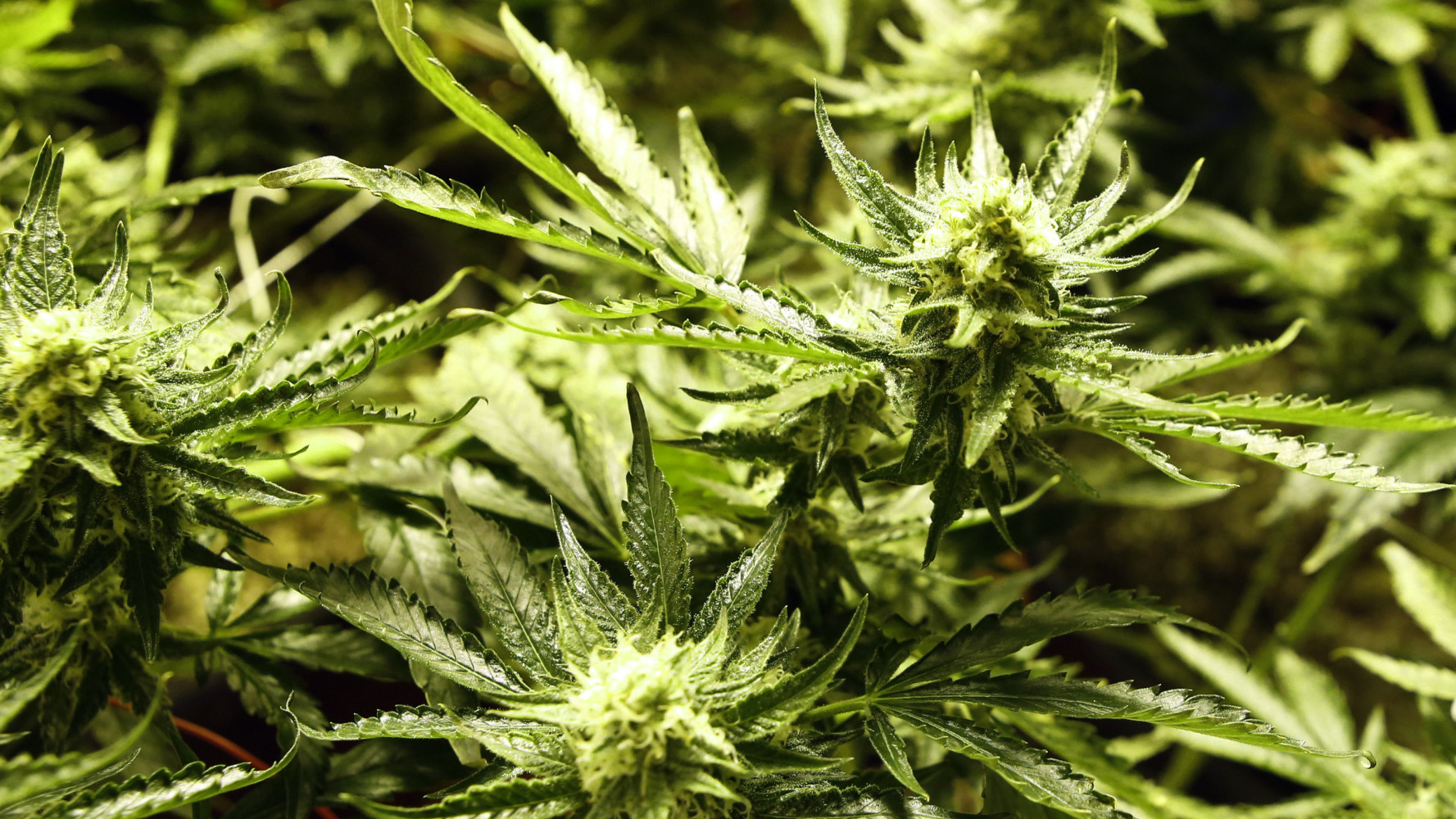Groundbreaking research published in the respected journal JAMA Internal Medicine has revealed new benefits to the denouement of marijuana prohibition throughout the U.S. It turns out that states where medical cannabis use is no longer a criminal offense are reporting substantially fewer deaths associated with pharmaceutical painkiller use, suggesting that more people in legalized states are turning to the safe cannabis herb for pain relief rather than Big Pharma’s death pills.
The study, which compares the number of pharmaceutical-related deaths in the 13 states where medical marijuana was legal prior to 2010 to states where medical marijuana is still prohibited, reveals that legal cannabis states have a 25 percent lower rate of opioid mortality. Factored out, this equates to about 1,729 fewer painkiller deaths in 2010 alone in states where medical patients have access to the cannabis herb as a pharmaceutical alternative.
While opioid-related deaths still increased across the board among all U.S. states during the time period studied, those states with legal cannabis saw a substantially smaller increase, signifying a major public health benefit to “freeing the weed.” Rather than having to take deadly opioid drugs like Percocet or OxyContin for chronic pain, medical marijuana users can take advantage of top-shelf cannabis strains that provide better pain relief with no harmful side effects.
The study, led by researchers from both the University of Pennsylvania and Johns Hopkins University, also found that as many as 60 percent of all deaths resulting from opioid analgesic overdoses occur in patients who take them as directed with legitimate prescriptions. This illustrates the inherent dangers of these drugs – dangers that are not present with cannabis use.
“Results reveal that on average, the 13 states allowing the use of medical marijuana had a 24.8 percent lower annual opioid overdose mortality rate after the laws were enacted than states without the laws, indicating that the alternative treatment may be safer for patients suffering from chronic pain related to cancer and other conditions,” report the researchers.
Pharmaceuticals: the real “gateway” drug killing Americans
As far as marijuana’s designation by some as a “gateway” drug that eventually leads to the use of harder drugs – although it’s important to note here that cannabis isn’t actually a drug; it’s an herb – the data suggests the opposite: pharmaceuticals are the real gateway drugs that lead people to use harder drugs like heroin.
This was definitely the case for the late actor Philip Seymour Hoffman, who revealed prior to his death that he had slipped back into his heroin habit after more than two decades of being clean. His gateway drug wasn’t cannabis; it was the very same prescription painkillers that are handed out to millions of people who suffer from chronic pain.
“There’s been a threefold increase in the prescription of strong painkillers since 1999, and the drugs now kill more people than car crashes,” writes Olga Khazan for The Atlantic. “The pills are highly addictive, and when combined with alcohol or other substances, they can be lethal.”
Americans who continue to cling to outmoded propaganda about the supposed dangers of cannabis need to face the facts. The real substances of concern in this country are Big Pharma poisons, many of which are derived from plants like cannabis but altered for patent and profit purposes, rendering many of them dangerous.
“Prescription drug abuse and deaths due to overdose have emerged as national public health crises,” says Colleen L. Barry, an associate professor in the Department of Health Policy and Management at the Johns Hopkins University School of Public Health and senior author of the study.
“As our awareness of the addiction and overdose risks associated with use of opioid painkillers such as Oxycontin and Vicodin grows, individuals with chronic pain and their medical providers may be opting to treat pain entirely or in part with medical marijuana, in states where this is legal.”
Original Article: NaturalNews.com
Writer: Ethan A. Huff, staff writer.

